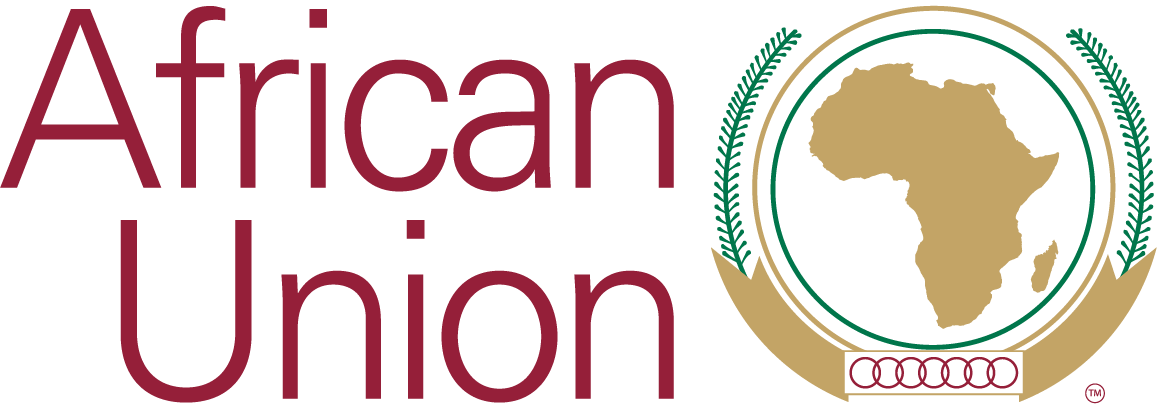| Committee | Reports | Recommendations |
|---|
| Rural Economy, Agriculture, Natural Resources and Environment | (a)a fact finding mission to Ivory Coast on the dumping of toxic waste on the African Continent, December 10 to 20, 2006;(b)workshop on desertification in Africa, Algiers, April 02 to 04, 2007. | (a)establishment of a Continental Observatory Unit for surveillance, exchange of information and matters pertaining there to;(b)urge all Member States of the AU which may have not yet ratified and domesticated the Basel and Bamako Conventions on Trans-boundary Movement of Toxic Waste, to do so without further delay;(c)creation of synergy at the national and local level in the implementation of the Rio (CCC, CDB, CCD) and RAMSAR Conventions on International Wetlands. |
| Monetary and Financial Affairs | (a)the Executive Council Decision 98 of 2004 with respect to the payment of MPs expenses for statutory meetings of the Plenary and Committees and Overview of audit reports by the AU Board of External Auditors on the accounts of PAP for the Fiscal Years 2004, 2005 and 2006 and AU Decisions thereon;(b)The AU Board of External Auditors Reports for 2004, 2005 and 2006 and The Report and Recommendations of the Advisory Sub-Committee report on the Board of External Auditors of the AU Report for the PAP contained in AU Document number DOC PRC. RPT (XIV);(c)Overview of the Expenditure for Fiscal Year, 2007 and Draft Budget for Fiscal Year, 2007;(d)The Budget of PAP for the Fiscal Year 2008. | (a)the PAP is in full agreement with the Permanent Representatives Committee that all violations of Ex. CL/Dec. 98 (V) must stop with immediate effect. The Committee does not, however, agree with the principle of refunding as it is of the view that payments were made to facilitate the work of Parliament with respect to per diem and air tickets for plenary sessions and Committee Meetings;(b)the PAP agreed fully with the Bureau that all financial procedures of the Pan-African Parliament for both MPs and staff must comply with the Financial Rules and Regulations of the African Union as read with the Pan-African Parliament Protocol. Further, that all contraventions must stop with immediate effect. |
| Cooperation, International Relations and Conflict Resolution | (a)on Workshop on strengthening the capacity of the PAP to exercise effective oversight, October 18, 2007;(b)presentation by the Institute for Security Studies (ISS) on the situation in Somalia, DRC, Chad, Ivory Coast, Darfur Sudan, Somalia, Central African Republic and Arab Saharawi;(c)Report on fact finding mission to the Central African Republic;(d)Observer elections mission in Kenya, from December 27-30, 2007. | (a)request briefings by or representatives of the relevant AU Organs, e.g. the Peace and Security Council, AU Commission, PRC, etc. in order to obtain relevant information or in the conduct of hearings;(b)monitor and check whether Member States have ratified treaties, harmonized national laws with treaties, etc.;(c)urge the African Union Summit to seriously call for the establishment of a mechanism of governess that will lead to stop violence and restore peace;(d)request the AU Heads of State and Government to look into a protocol that will deal with future revelations of the vote rigging by Member States using state power, in the same light that it dealt with the condemnation of military coups in Africa;(e)urges the African Union to consider sending a United Nations Peacekeeping Mission to the Birao area to secure the border with Sudan. |
| Health, Labour and Social Affairs | (a)Workshop on the awareness and sensitization on HIV/AIDS, population and development issues — October, 2007;(b)Workshop on Orphans and Vulnerable Children (jointly with the Committee on Gender, Family, Youth and People with Disability) — October, 2007;(c)A presentation by the Local Organising Committee (LOC) on the African Legacy Programme of the 2010 FIFA World Cup — February, 2007 | (a)the need to create networks on HIV/AIDS, population and development in countries where there are absent and the revitalization of networks in Parliaments where they exist.(b)there should be an update on the overall situation of OVC in Africa through National Parliamentary Plans of Action for OVC (currently 21 in Africa), comparison of best practices and the planned high-level conference on Children and AIDS in 2008. |
| Education, Culture, Tourism and Human Resources | (a)presentation by experts from the Center for Education Policy Development (CEPD) on the possible partnership with the Committee on expert advice;(b)presentation by the Division of Science and Technology of the African Union on, ‘the Second Decade of Education for Africa.’ | (a)action be taken by the AU to tackle the lack of human resources at the Division of Science and Technology of the African Union. |
| Gender, Family, Youth and People With Disability | (a)capacity building Workshop for Members on gender awareness — February, 2007(b)joint workshop with Committee on Health on Orphans and Vulnerable Children — October, 2007. | PAP should take appropriate policy measures and affirmative action to mainstream gender and to increase participation of women in Parliaments |
| Justice and Human Rights | (a)Workshop on Human Rights instruments in Africa, May 11 to 12, 2007.(b)Joint workshop on strengthening the capacity of the PAP to exercise effective oversight — October, 2007 (jointly with committee on Cooperation). | (a)urge Member States to sign the international instruments of international humanitarian law, to enact national legislation, to implement the international conventions of international humanitarian law, revise existing laws to implement those commitments and give priority to respect international humanitarian law in national legislation and programmes and promote the establishment of national committees of international humanitarian law(b)review the Protocol of the African Court on Human and Peoples Rights, granting individuals and NGOs the right to bring cases directly to the Court. |
